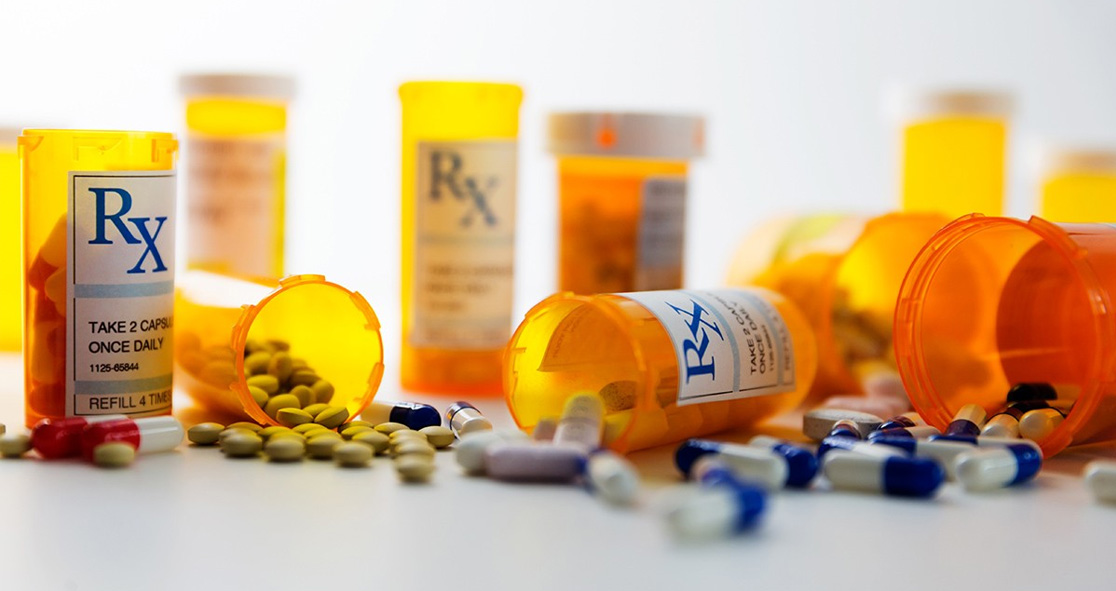According to a Kaiser Family Foundation estimation, there were more than 150 drugs where Medicare Part D receivers obtained average annual out-of-pocket costs of more than $2,000 for a single drug. And in 108 cases, the average cost was more than $3,100, according to The Sacramento Bee.
If the new limit was $2,000, more than 1 million Americans would save money. And if it was $3,100, which has been discussed by Senate lawmakers, about 300,000 Americans would benefit.
Congress is trying to make such drugs less expensive for seniors who are covered under the Medicare Part D plan, which helps pay the cost of prescriptions. However, there are a few obstacles.
The Biden administration’s big tax and spending package contains provisions that would also allow Medicare to negotiate prescription drug prices directly with companies, a plan that Democrats have pushed for years.
Rep. Colin Allred, D-Texas, said, “The power to negotiate drug prices lowers costs for everyone. Yes it’s for folks on Medicare but it’s for everyone else as well.”
Allred is one of the Democrats who was among a group of House members who discussed strategies with President Joe Biden last week.
Currently, there is no cap on out-of-pocket spending by Part D recipients, though there is coverage for very high costs, per the news outlet.
Meanwhile, California is on a separate track to reduce drug prices.
Under the state’s legislation that went into effect January 1, California could make its own insulin and other prescription drugs.
It would not invent new drugs, but seek ways to make less expensive versions of generic drugs, according to The Sacramento Bee.
The legislation has several goals, as it directs the state to seek ways to increase competition, lower prices, address shortages in the market for generic prescription drugs, and increase patient access to affordable drugs.
A description of the law said, “The goal of this bill is to help inject competition back into the generic drug marketplace by using California’s purchasing power to demand fairer prices for consumers.”
The agency said this week it is “engaged in the process of identifying top drugs used by Californians, including prioritizing candidate drugs for generic manufacturing which may have the greatest impact.”
Rep. Susan Wild, D-Pa, said, “Almost every member who was on that Zoom call mentioned Medicare negotiation as a top priority for them. The president seemed to get that loud and clear.”
The White House also supports a cap. It said in its policy statement, “We have to fix this, and establish a firm cap on the amount that Medicare beneficiaries have to pay out-of-pocket for drugs each year.” The article was published in The Sacramento Bee.





















